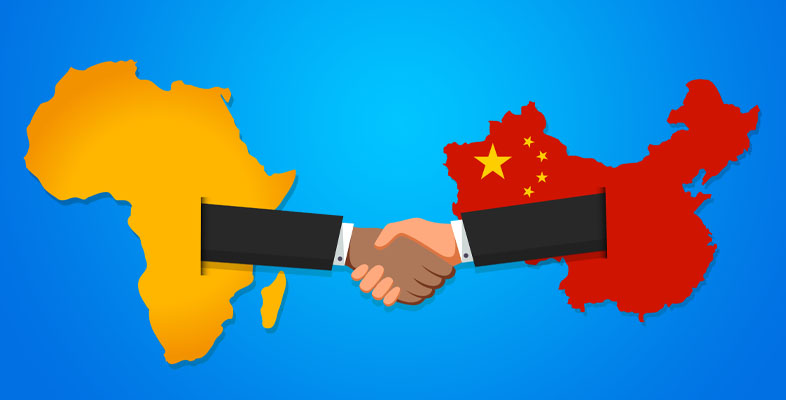Session 2: The politics of resource governance
Introduction
As you have seen, China’s interest in many countries of the global South is in accessing their natural resources and in opening up new markets for Chinese goods and services. The Chinese also have certain geopolitical interests around their claim over Taiwan and their wider role in global politics, for which allies in the global South are an important part. With the growing demand from China for natural resources, we saw rising commodity prices from the early 2000s, labelled by some as a commodity ‘supercycle’ whereby demand from China (and other large and rapidly rising economies) lead to a long period of both high demand and high prices (Farooki and Kaplinsky, 2012). For natural resource-producing African countries, this new source of demand created high growth rates (albeit from low starting levels) and led more optimistic observers to label these countries the ‘African Lions’ (Bhorat and Tarp, 2016) in a nod to the growth of the so-called ‘Asian Tigers’. This recent growth of African resource producers has raised long-standing questions about the potentially positive relationships between natural resources and development, as well as the obverse around the so-called ‘resource curse’.
The dominant understanding of how natural resources affects development is the so-called ‘resource curse’ thesis. In this session you will learn the main presumptions of this theory, but go on to challenge it because the resource curse argument can simplify the relationship between resources, economic growth and development. The resource curse is a multifaceted issue, but much of the supposed ‘problem’ lies with the political institutions that shape how resources are governed. As such, you will focus on political dynamics and how they can influence resource governance, which are often generalised or overlooked, to illustrate that ‘politics matters’. You will draw on the complex and contested realm of Nigerian politics of oil governance and attempts by the Chinese government and oil companies to navigate them, to illustrate the importance of politics in this context.
By the end of this session, you should be able to:
- understand the ‘resource curse’ thesis and its key policy recommendations, and to challenge its limited analysis of politics
- appreciate that China’s engagement in Africa does not occur against a blank slate but that political institutions matter
- provide an overview of ‘political settlements’ theory, which helps us analyse political institutions and their role in natural resource governance
- understand how China’s oil engagement in Africa plays out politically and socially as a result of political interaction.
The key questions you should reflect on during the course of the session are:
- How does the politics of African states shape how Chinese oil deals play out and with what effects for African development?
- What does the changing investment strategy by Chinese actors in Nigeria say about how they are learning and adapting to the ‘political game’?
